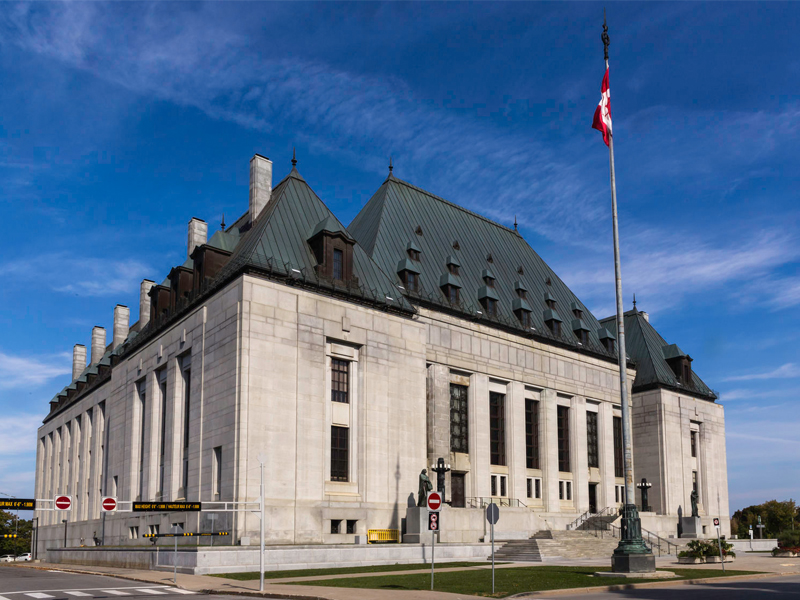
The Supreme Court of Canada (SCC) on Friday overturned a lower court decision, clearing the way for the federal government and participating provinces and territories to create the proposed co-operative Capital Markets Regulatory Authority (CMRA).
The federal government and the attorney general for British Columbia had challenged a ruling from the Quebec Court of appeal, which found that: a) certain aspects of the proposed CMRA model are unconstitutional in that they would give the new regulator’s oversight body, the Council of Ministers, too much power; and b) certain provinces effectively would have veto power over federal legislation.
Alberta, Quebec and Manitoba opposed the creation of the national regulator, while the provinces that have signed on to the project (Ontario, Saskatchewan, New Brunswick and P.E.I.) sided with the federal government and B.C.
Friday’s SCC decision clears the way for the launch of the CMRA to go ahead.
The proposed structure does not improperly tread on provincial jurisdiction, the SCC stated in its decision, adding that “the co-operative system, as set out in the memorandum, does not purport to — and in any event, cannot — improperly fetter the legislatures’ sovereignty.”
“… the co-operative system does not entail an impermissible delegation of law-making authority,” the court stated. “Because the co-operative system does not allow the Council of Ministers to bypass the provincial legislatures at all, the proper implementation of the cooperative system, in accordance with the terms of the memorandum, will not result in any transfer or abdication of a participating province’s primary legislative authority. The Council of Ministers is and remains subordinate to the sovereign will of the legislature.”
On the question of whether draft federal legislation to deal with systemic risk violates the constitution, the court found that it does not. The draft federal act “does not contain provisions that go to the day-to-day regulation of all aspects of securities trading. Properly understood, therefore, the intention is not that the draft federal act will displace provincial and territorial securities legislation. It was instead designed to complement these statutes by addressing economic objectives that are considered to be national in character.”
“The preservation of the integrity and stability of the Canadian economy quite clearly has a national dimension, and one which lies beyond provincial competence. Moreover, the fact that the federal government’s foray into securities regulation under the draft federal act is limited to achieving these objectives supports the validity of this proposed statute,” the court stated.
The constitutional challenge is one major hurdle for the project, but that doesn’t mean that the implementation of the CMRA is imminent. Provincial and federal legislation still needs to be passed, the proposed new regulator’s rules must be finalized and various other issues need to be worked out.
For example, the CMRA has yet to propose how a mechanism for the new authority to interact with the jurisdictions that are not part of the new framework will work.
It will be up to the federal government and governments of the participating provinces and territories to push this long-running project over the finish line. When the CMRA was first proposed, it was supposed to launch in July 2015. That was later pushed back to the fall of 2018, and the launch has been in limbo ever since this latest legal challenge arose in late 2017.
In the wake of the SCC decision, the Canadian Foundation for the Advancement of Investor Rights (FAIR Canada) is renewing its call for the CMRA to enhance its approach to investor protection.
“With today’s Supreme Court decision confirming the constitutionality of the CMRA, FAIR Canada repeats its investor-related concerns about the proposed CMRA and renews its call for stronger investor protection measures to be included in the governance structure and substance of the CMRA,” says Frank Allen, executive director of FAIR Canada, in a statement.